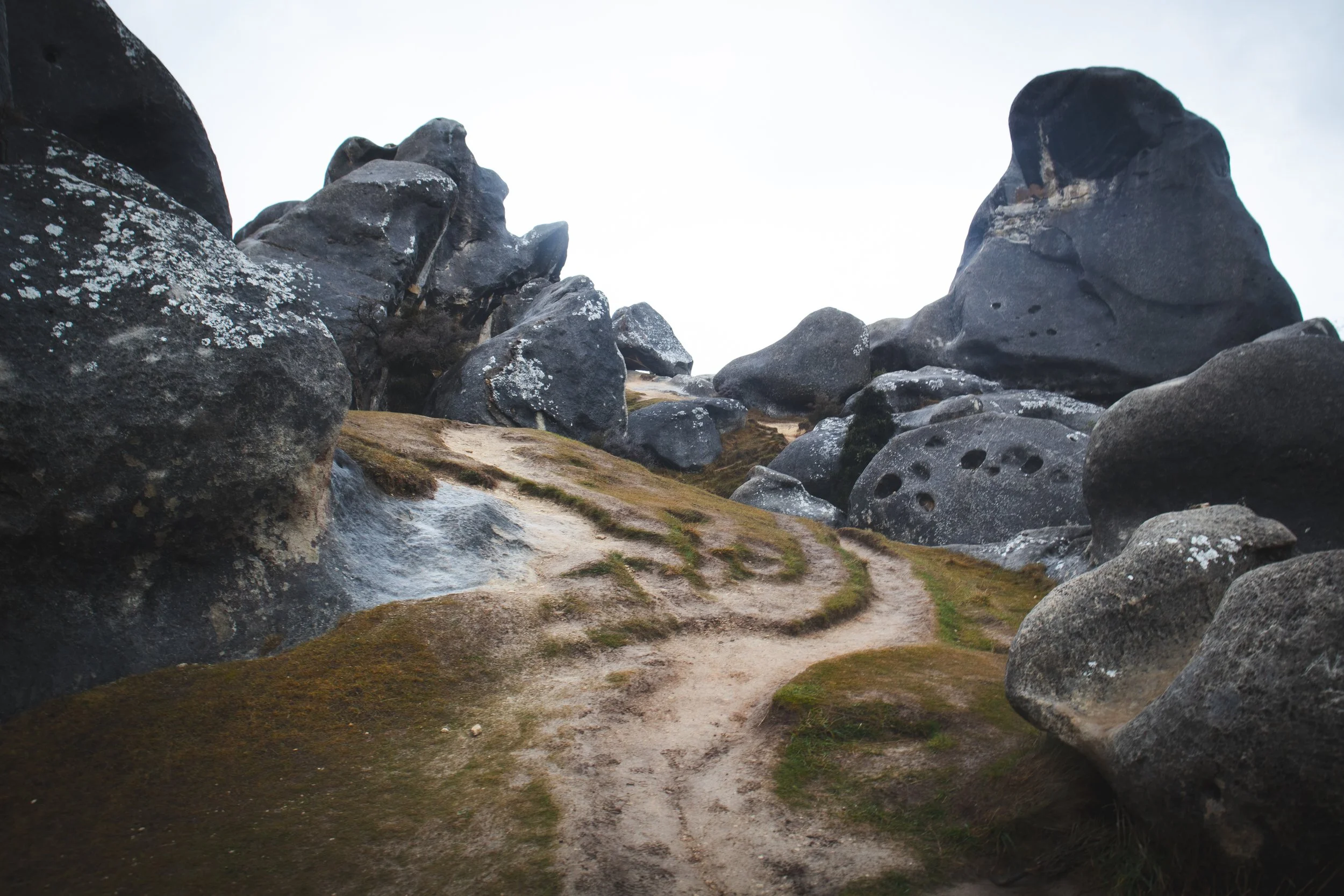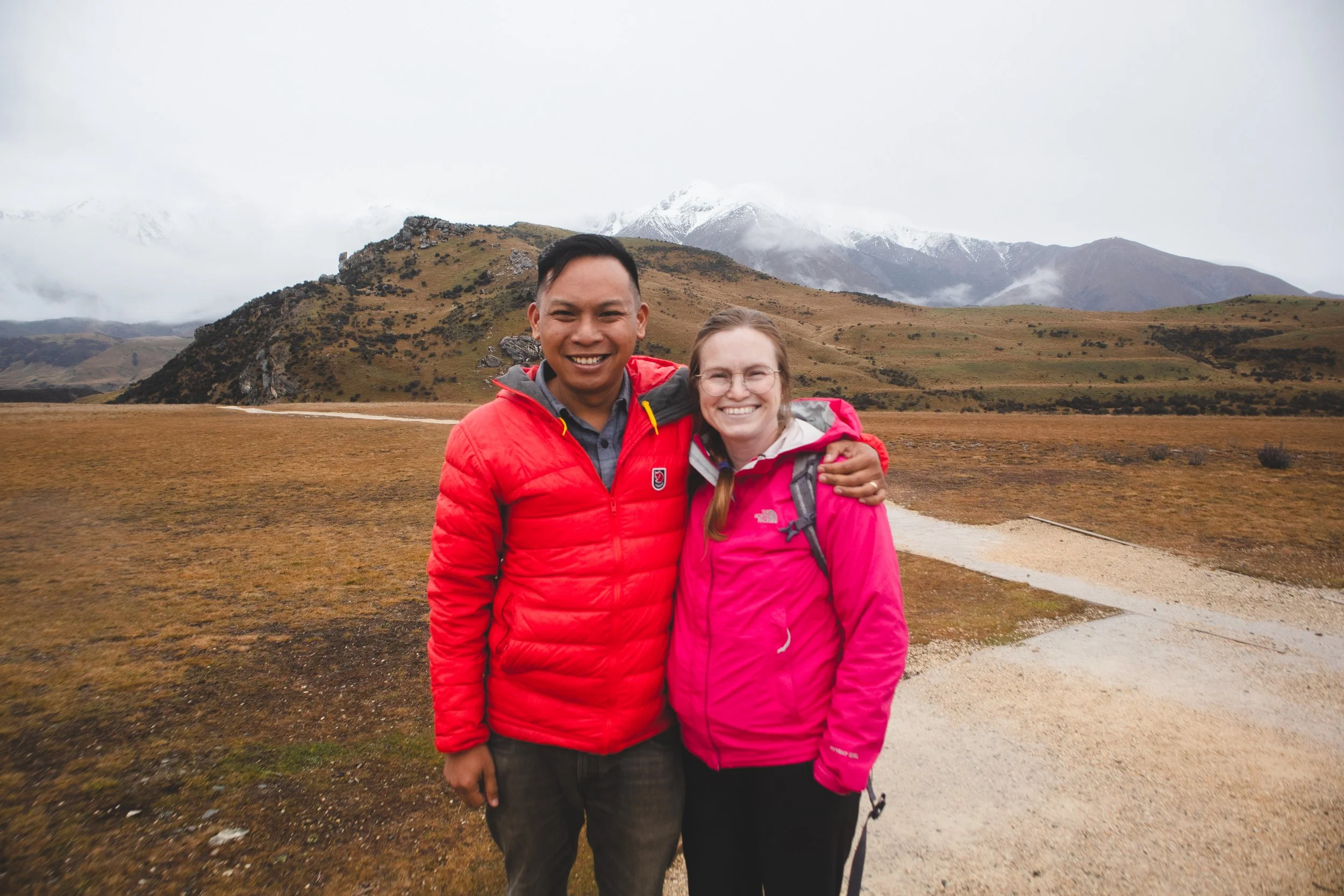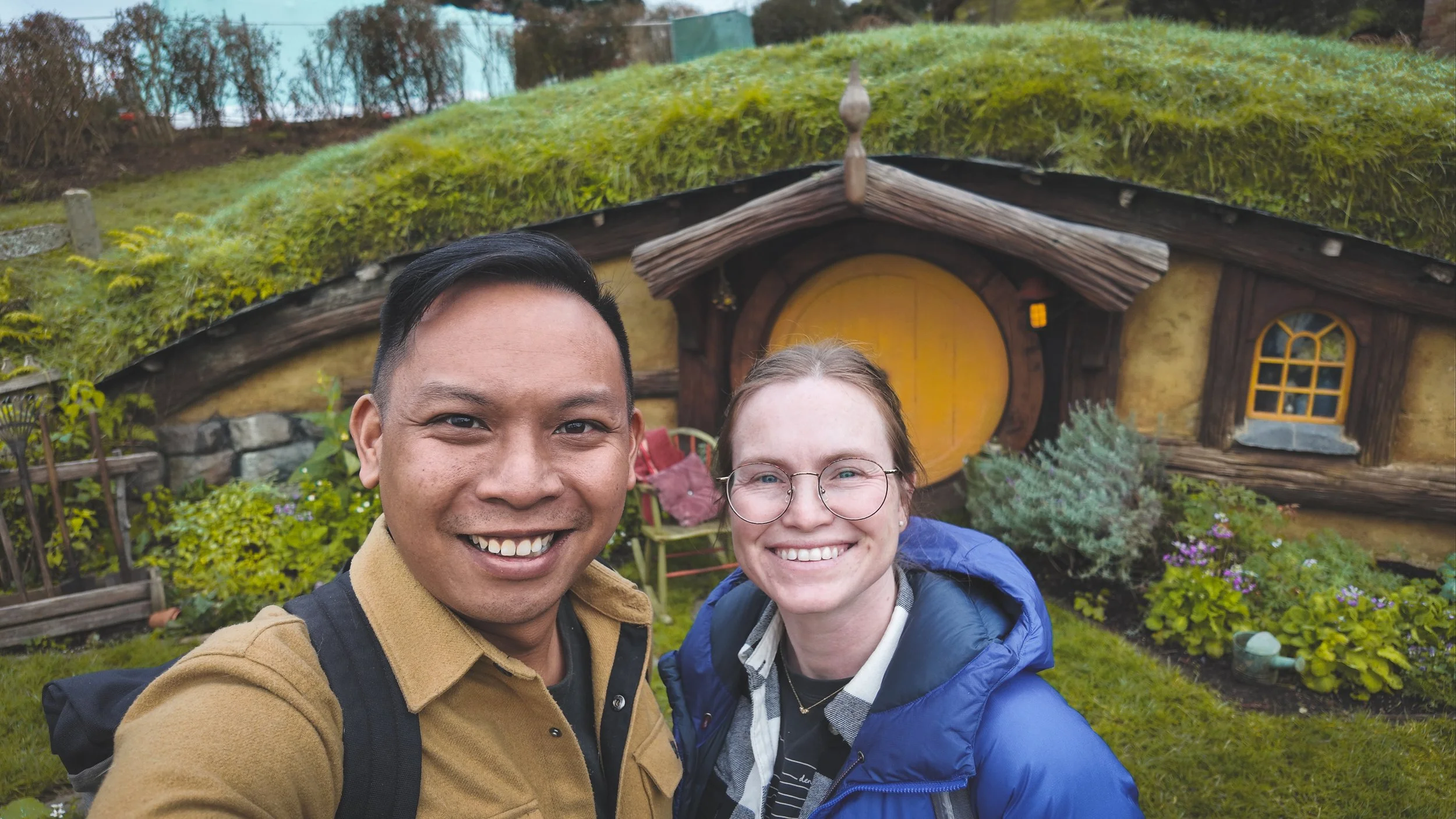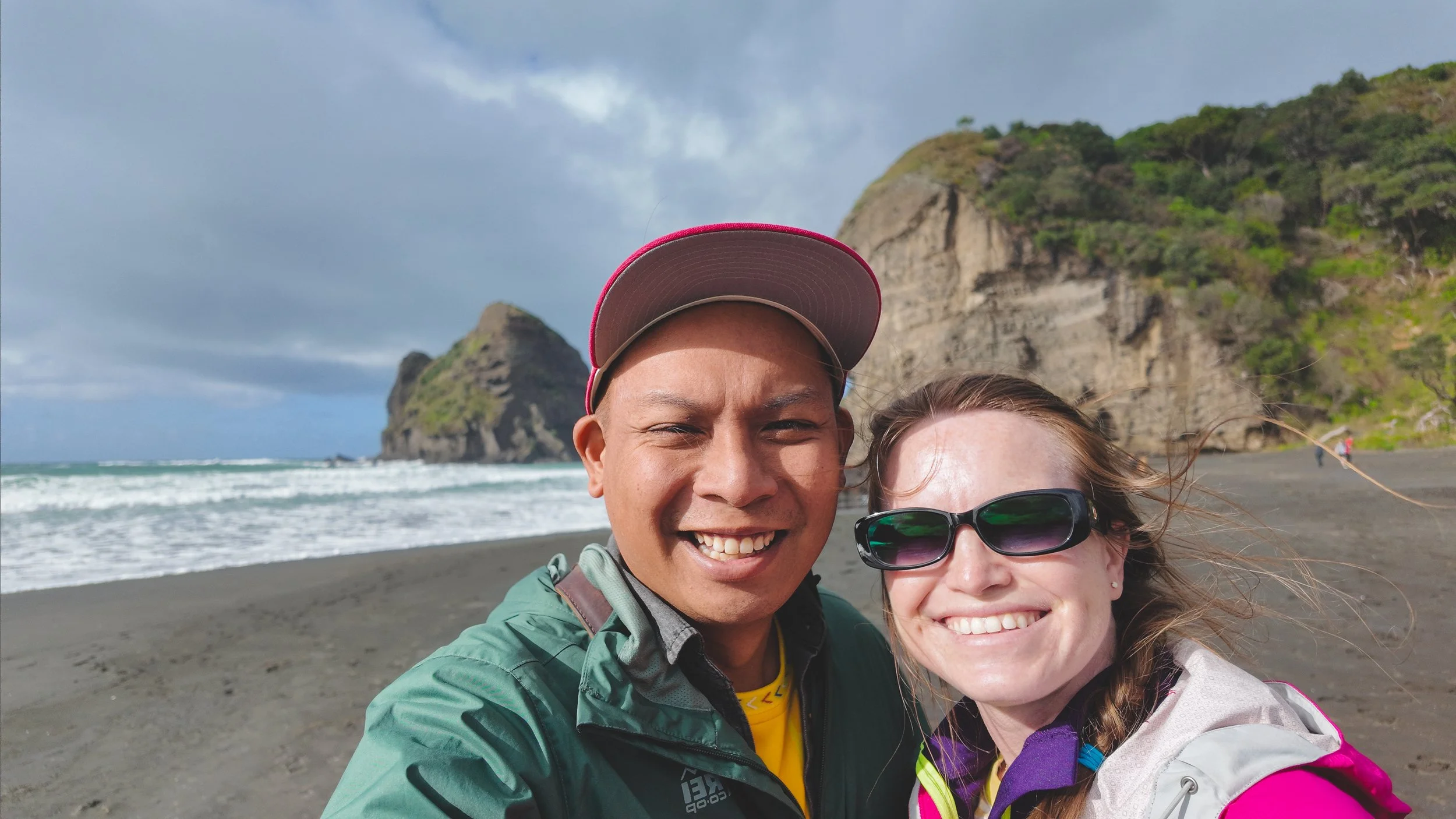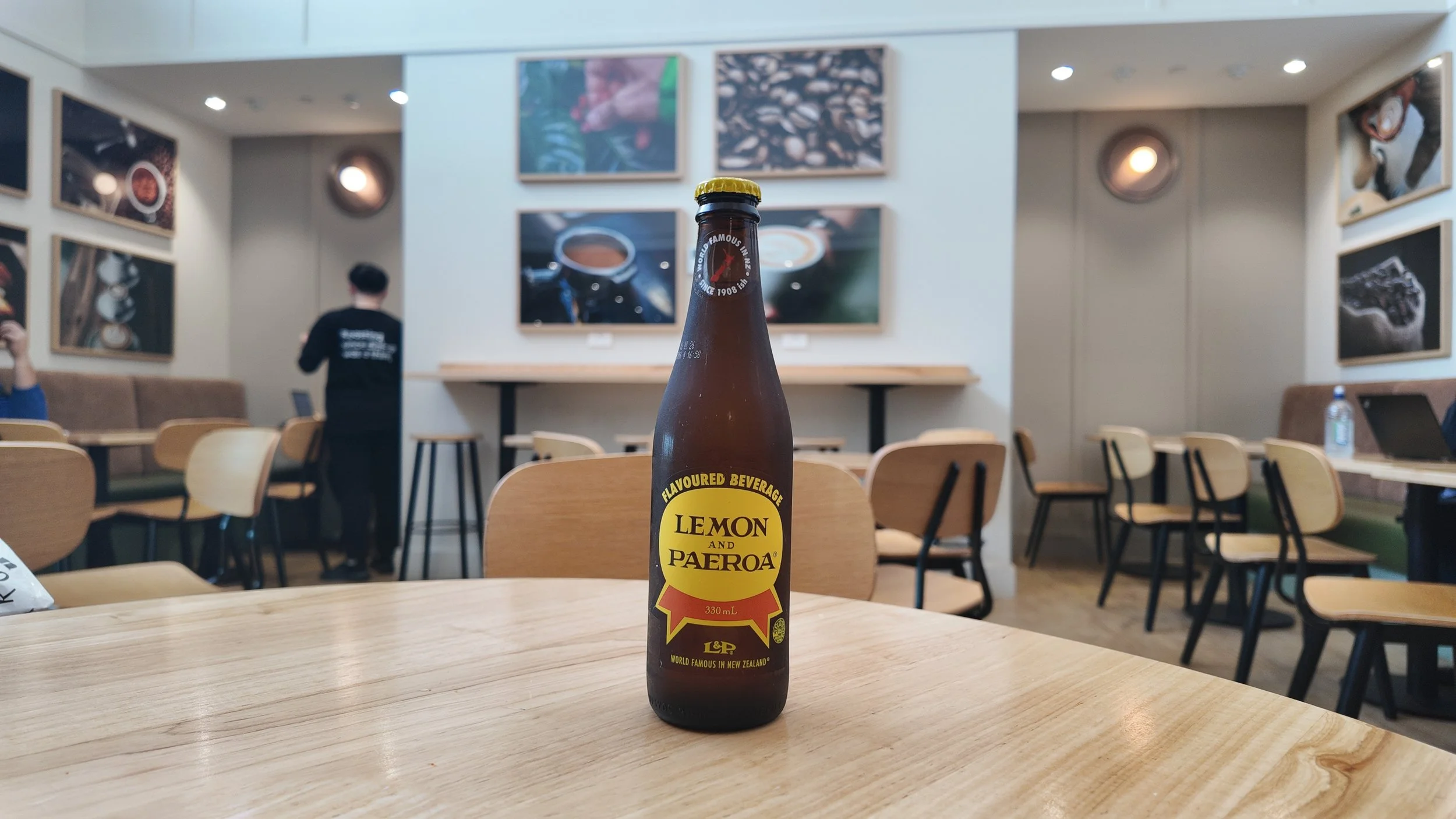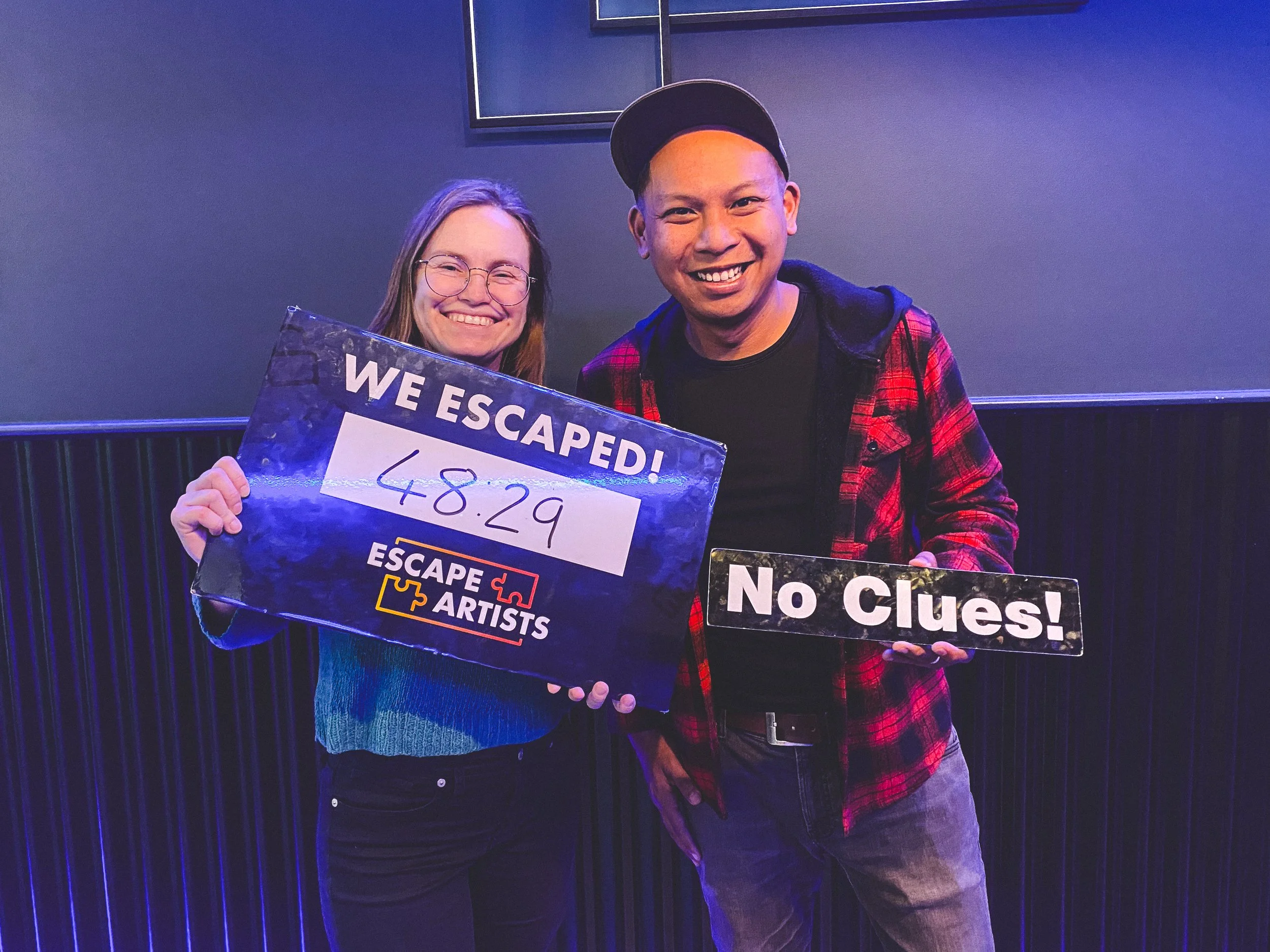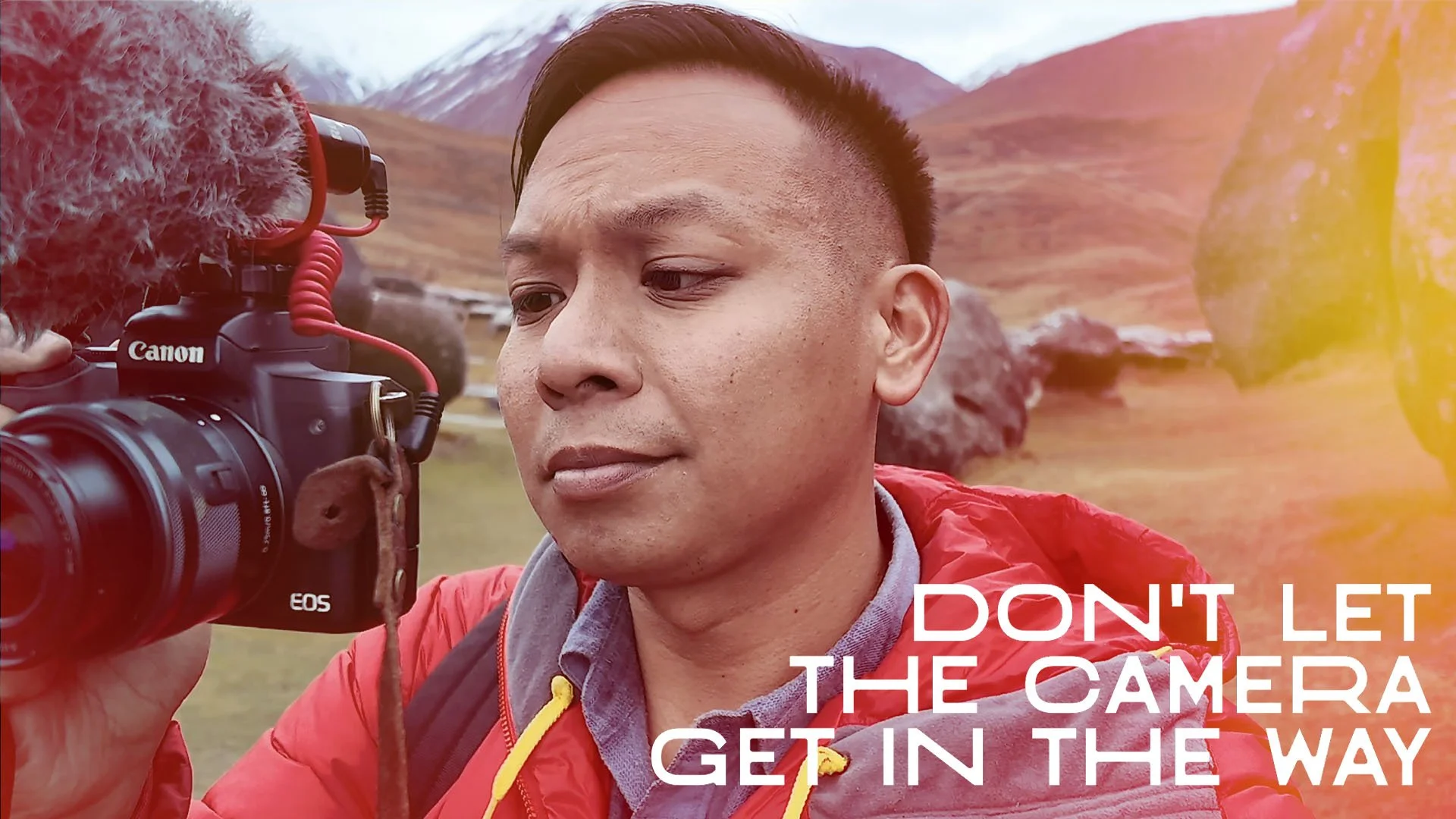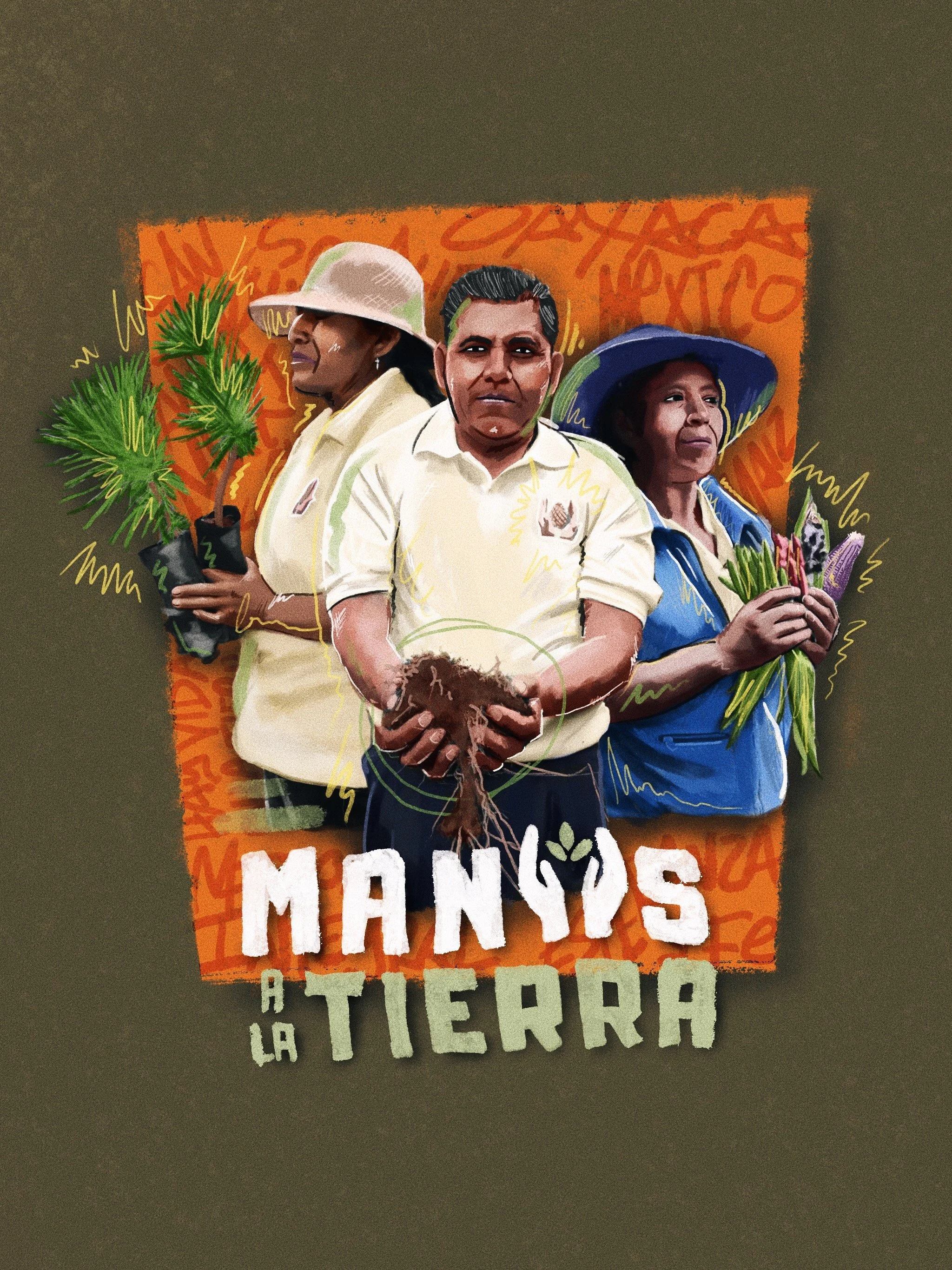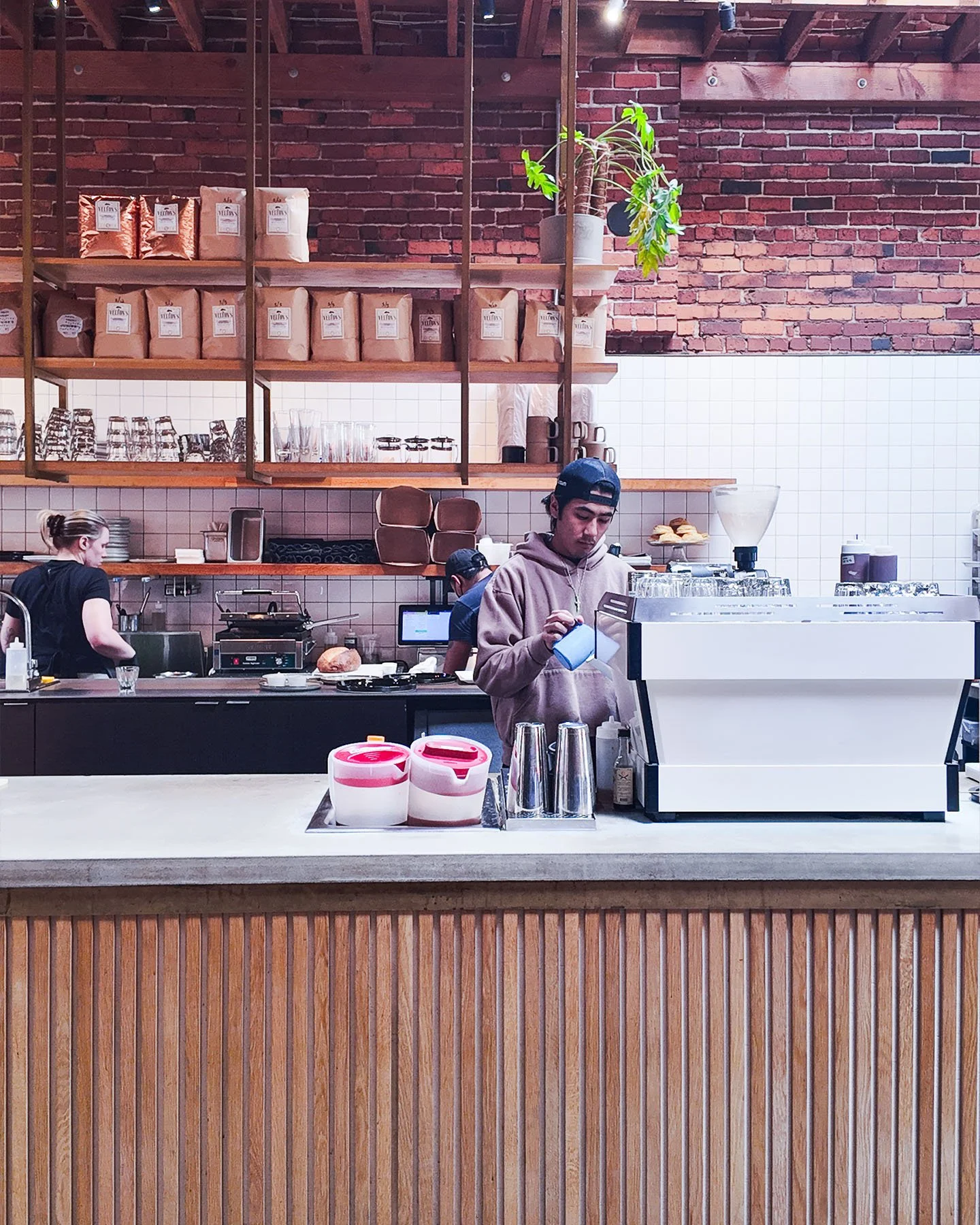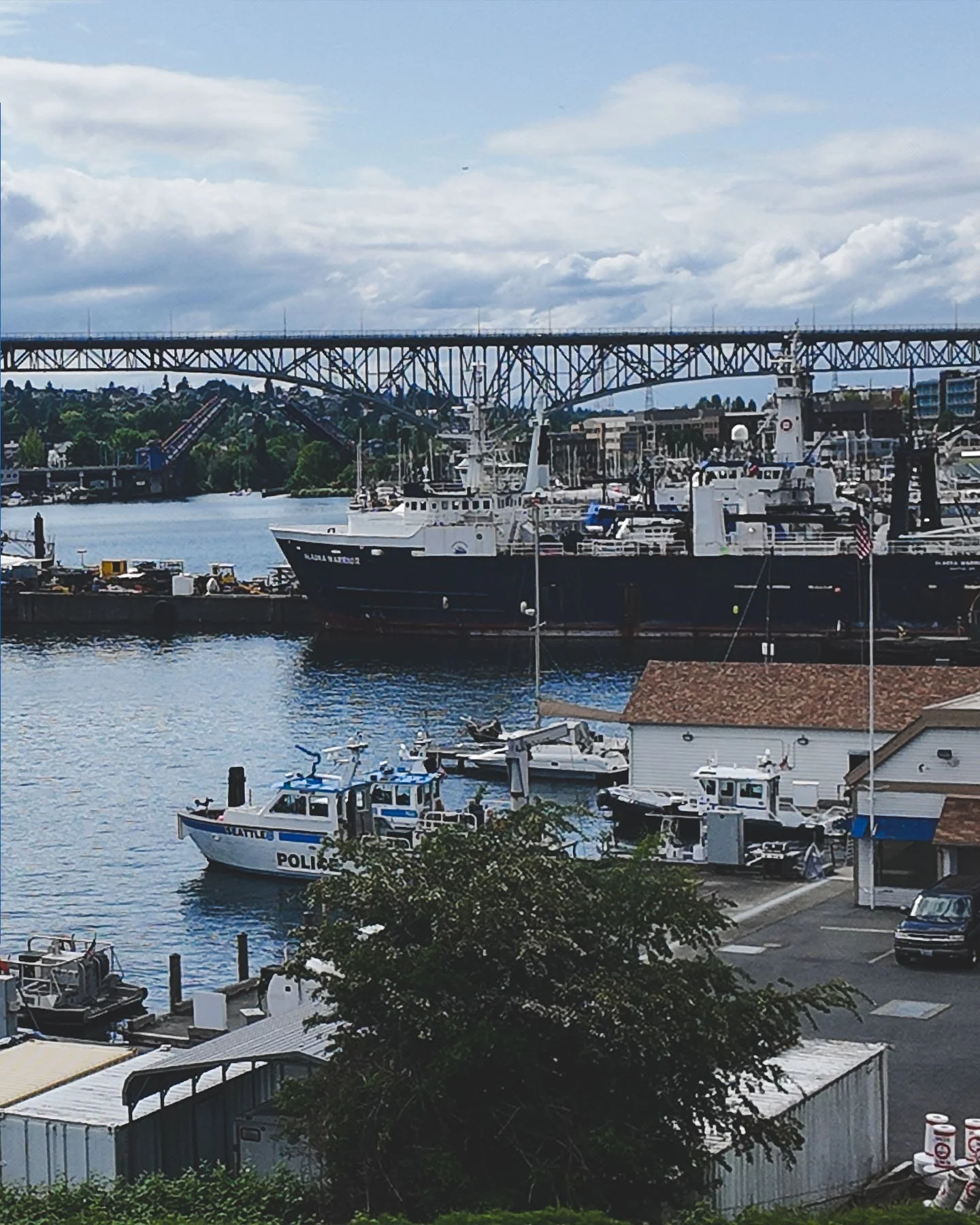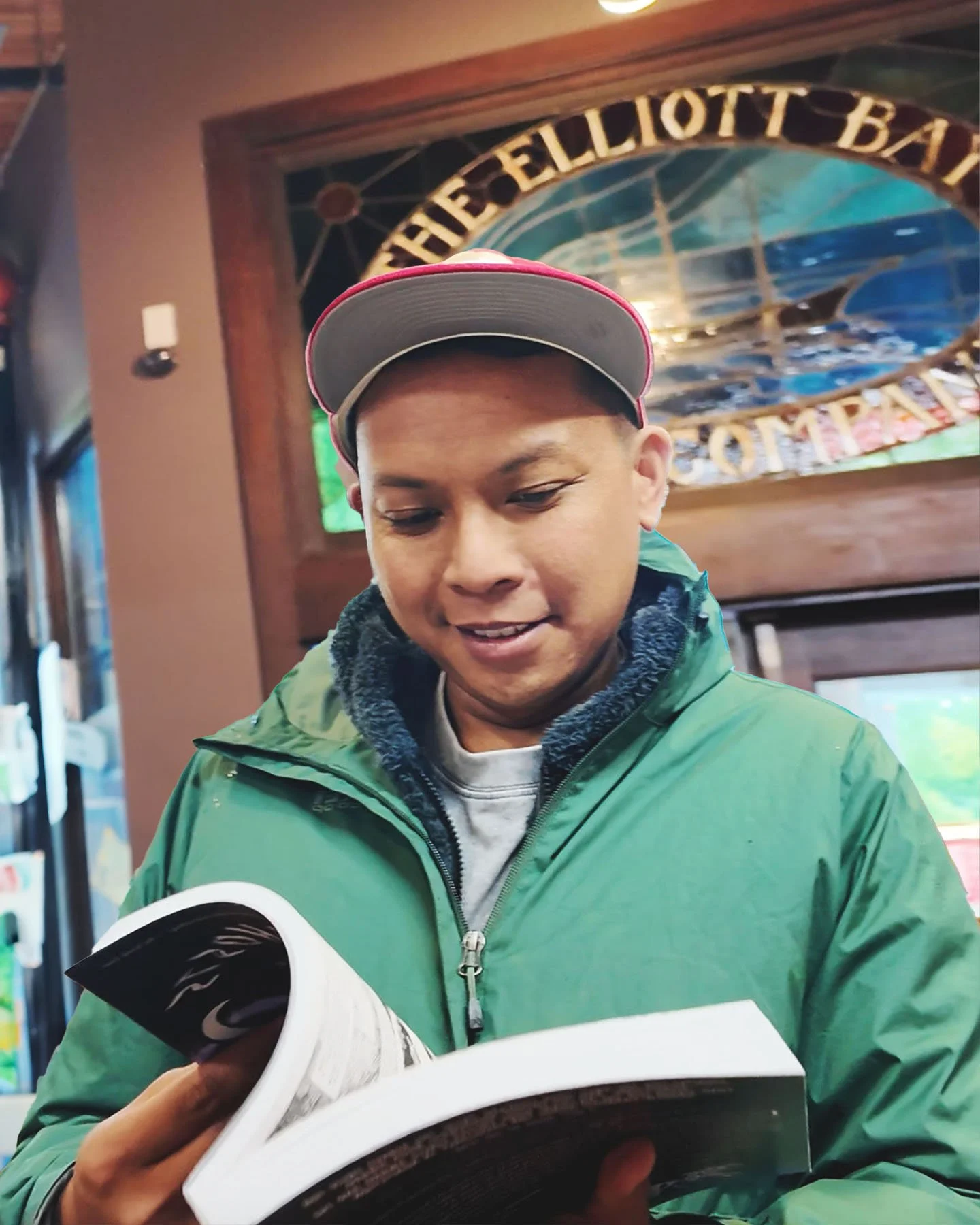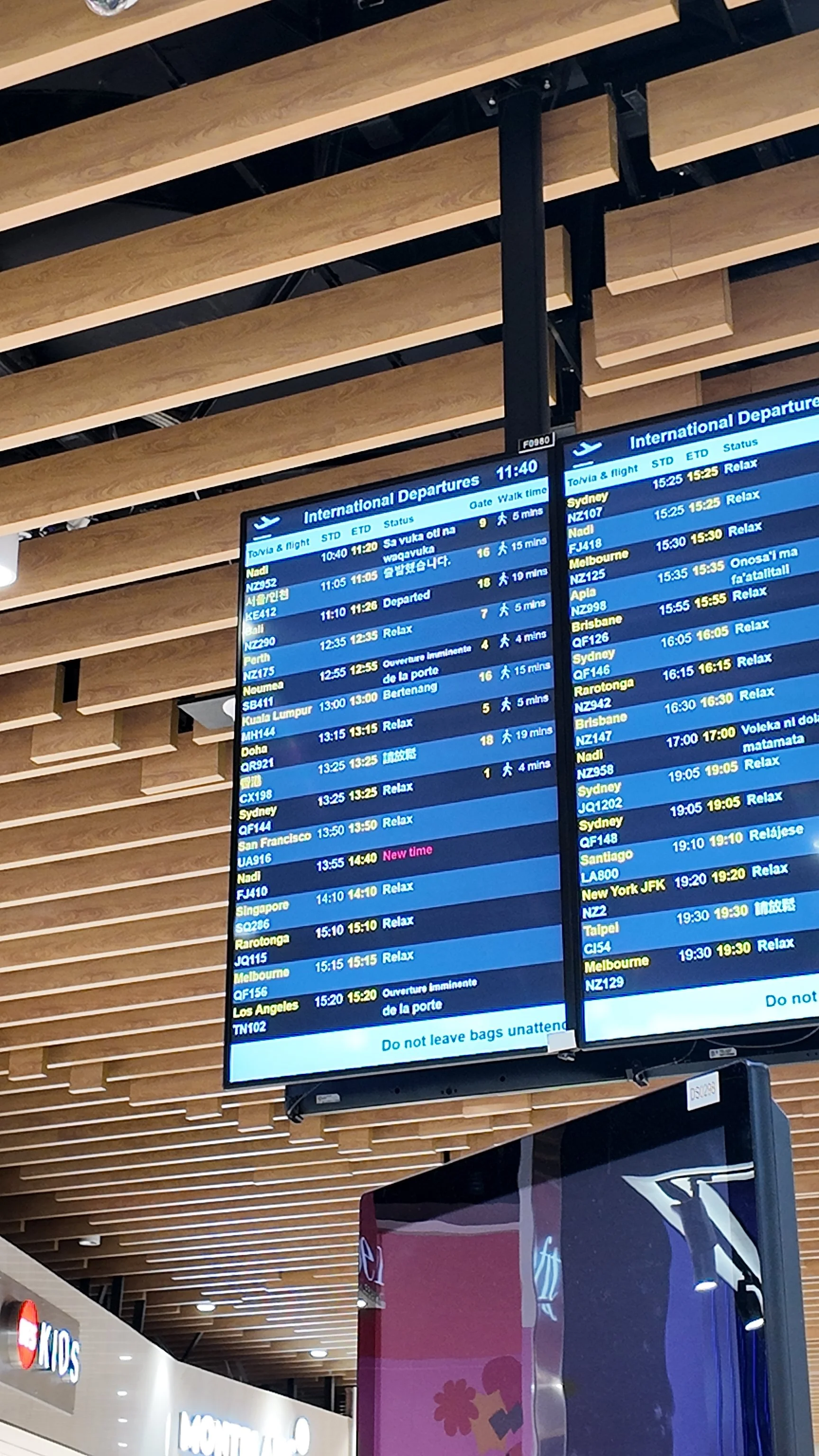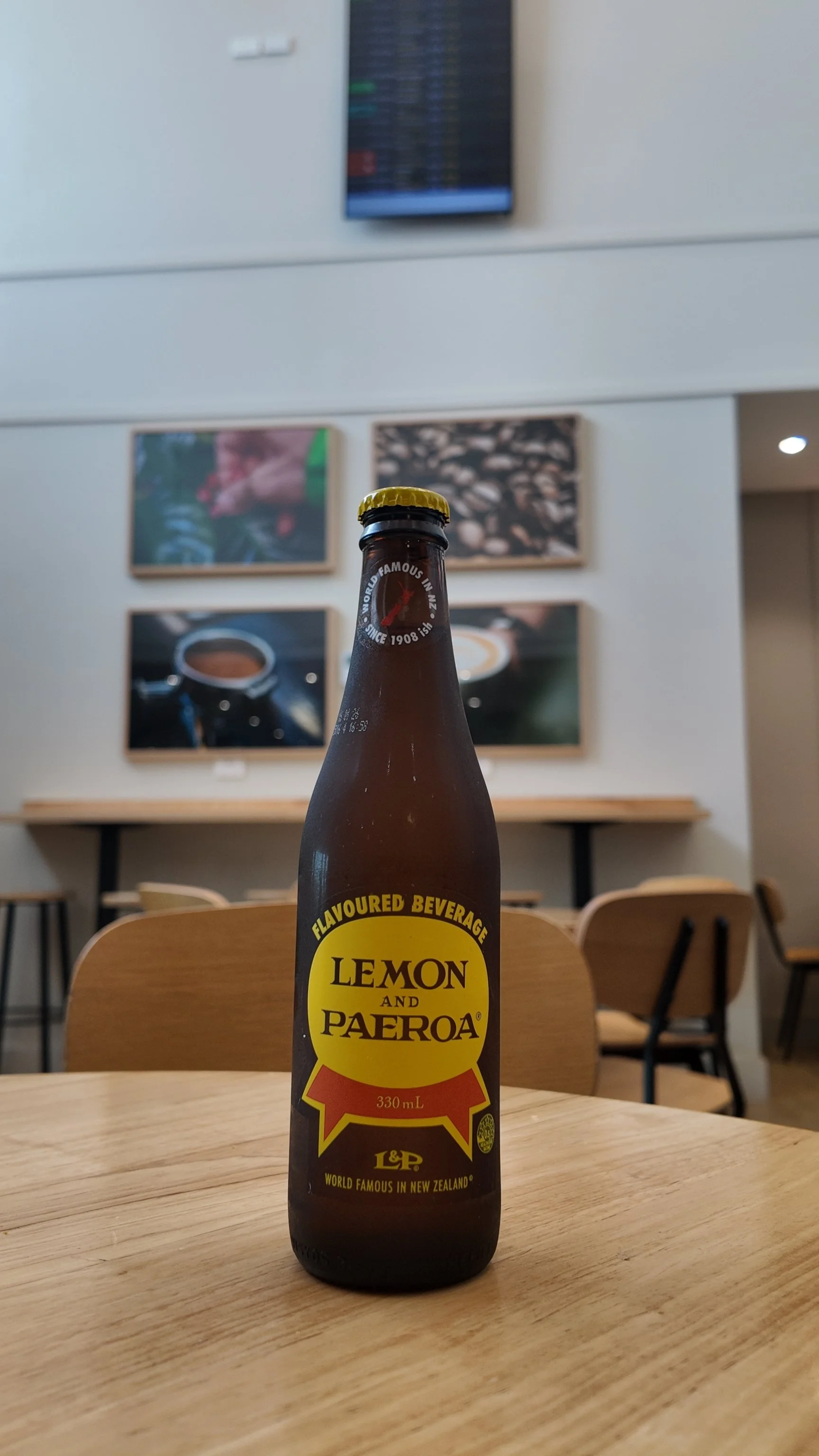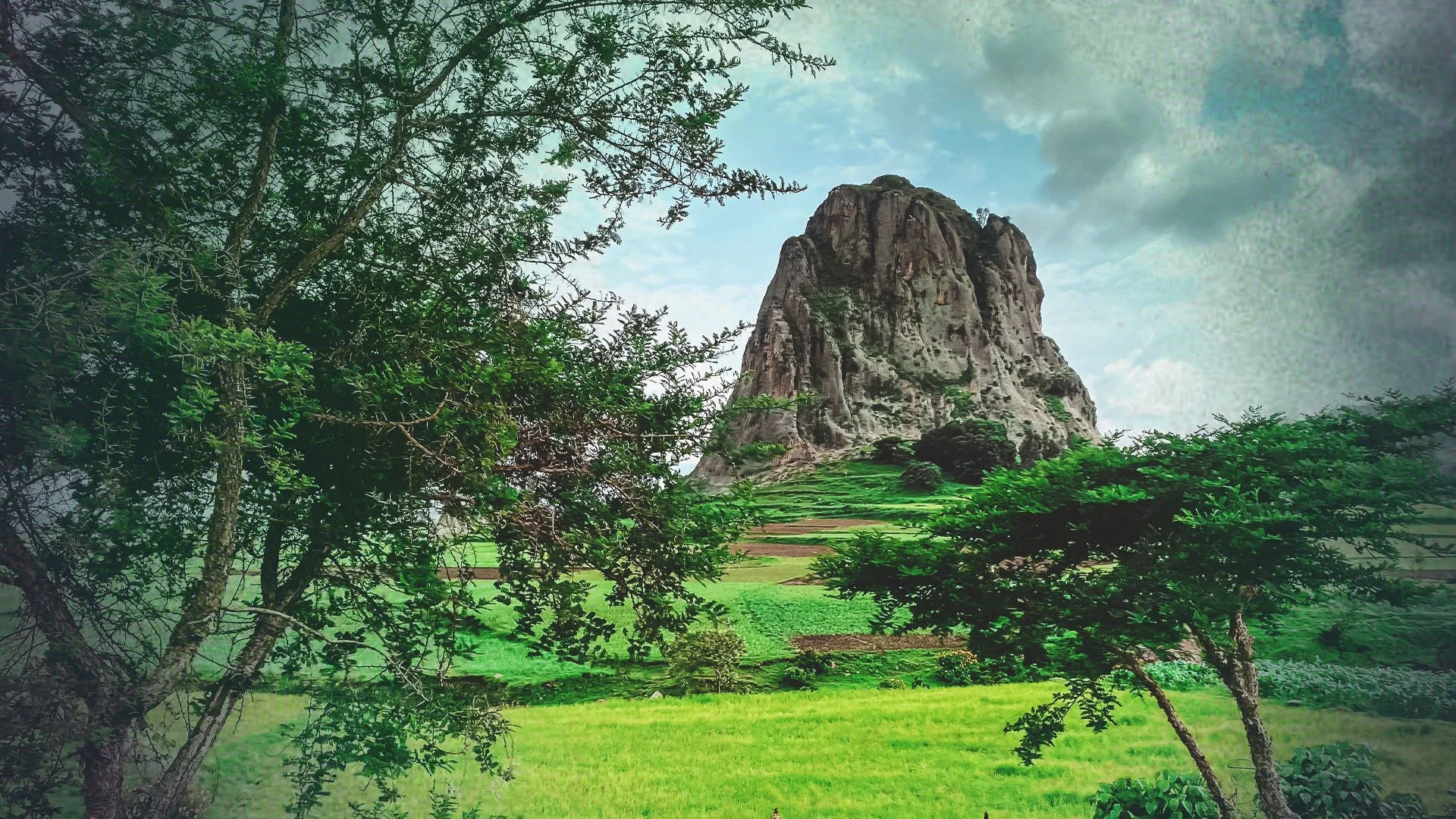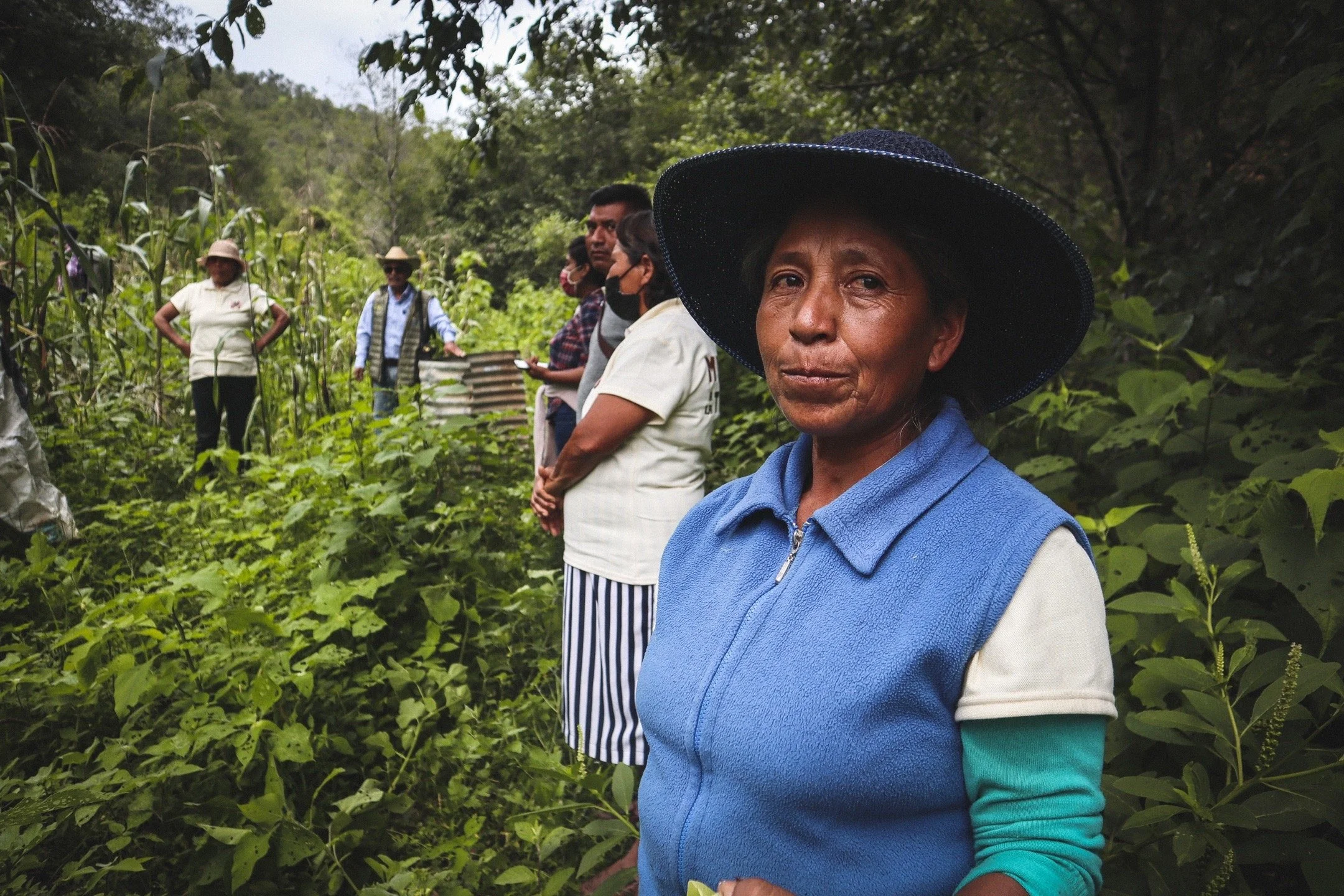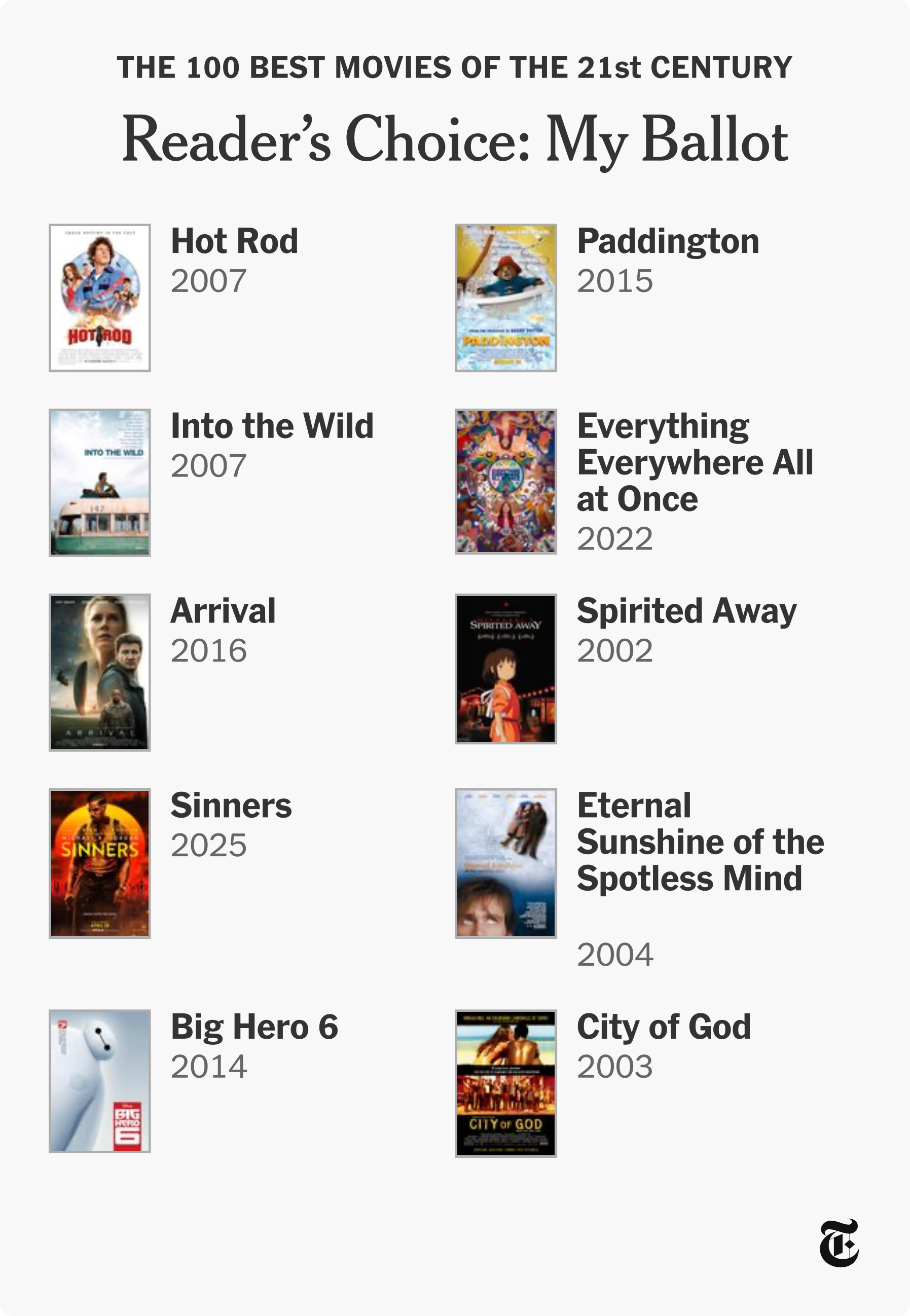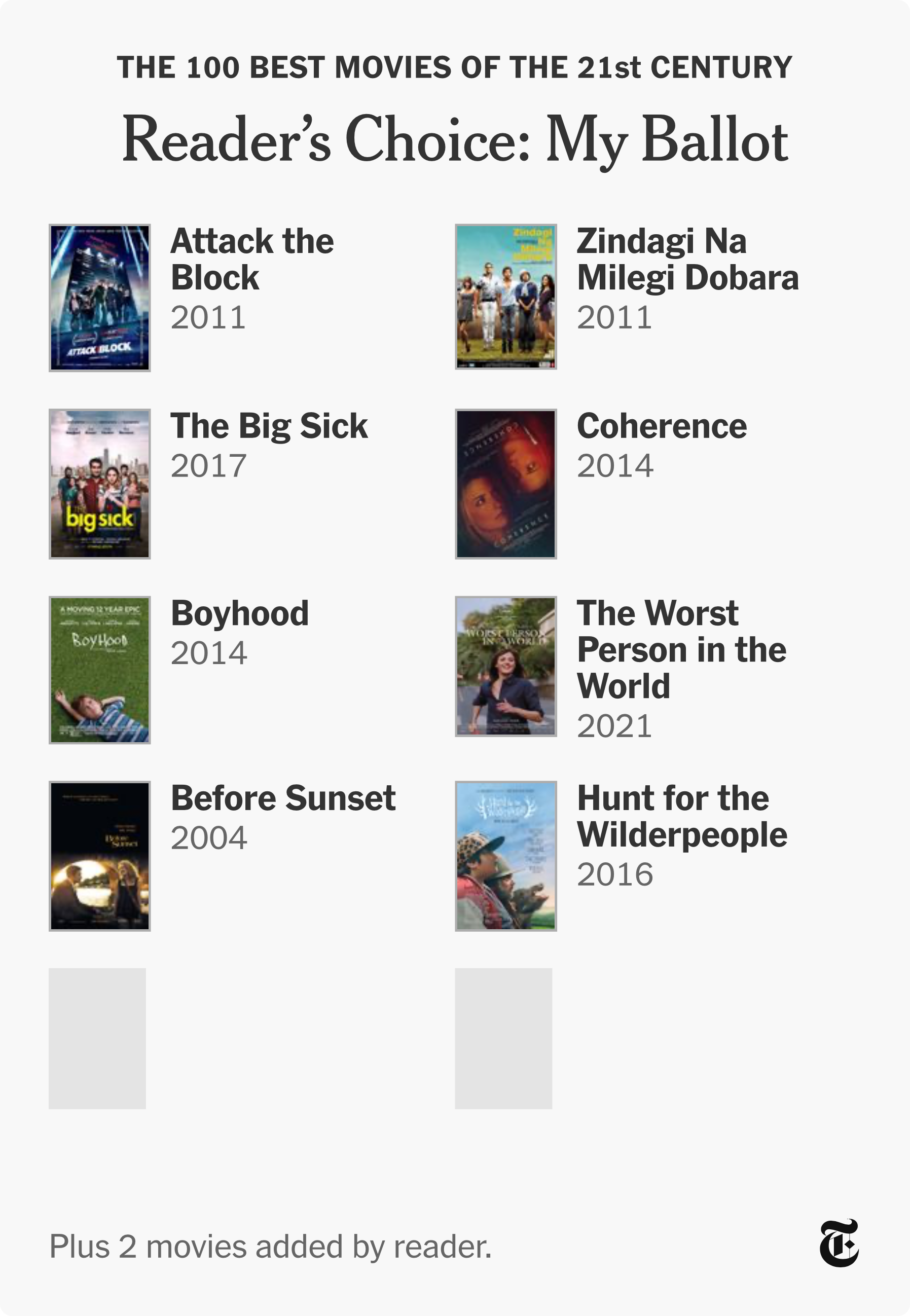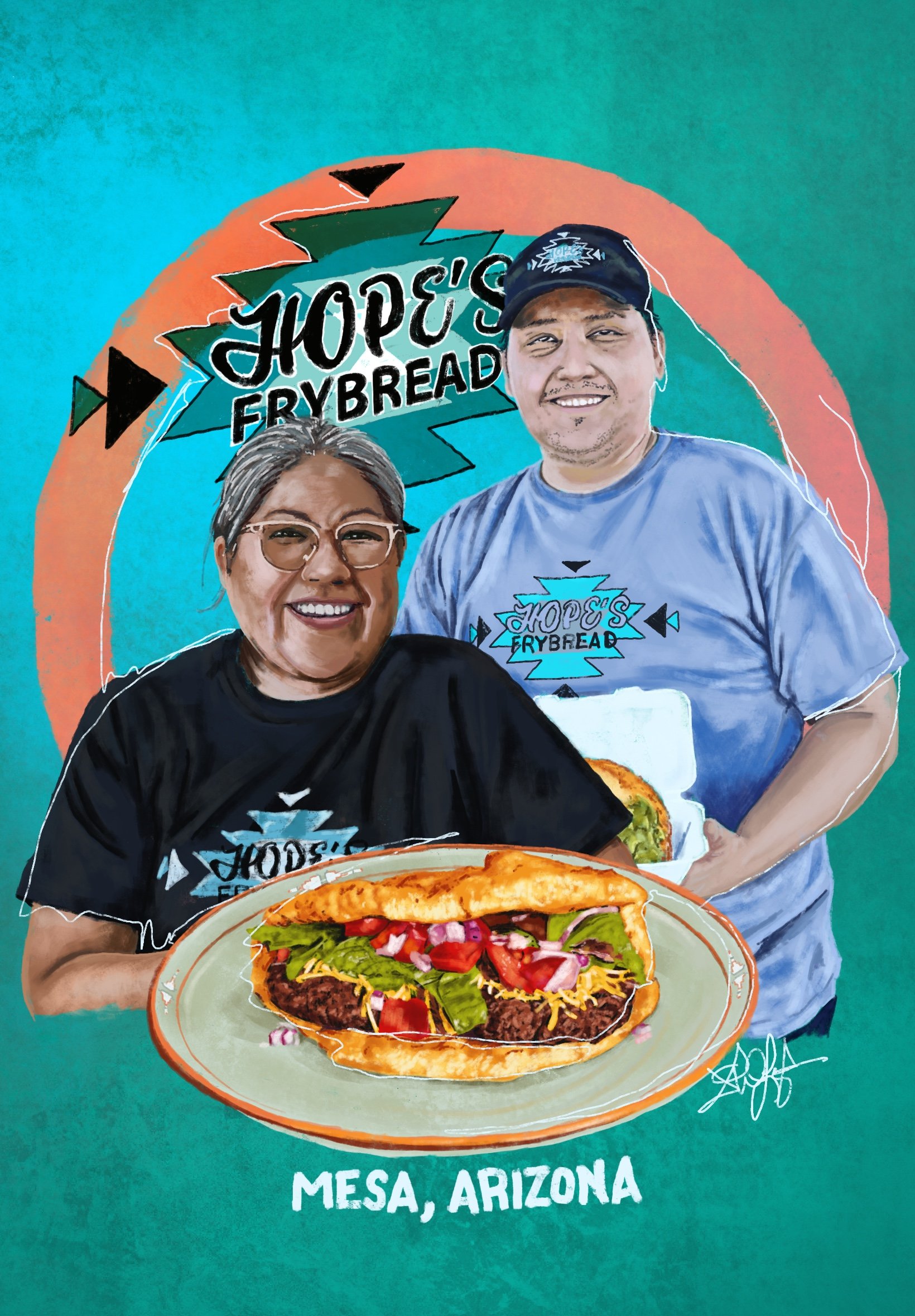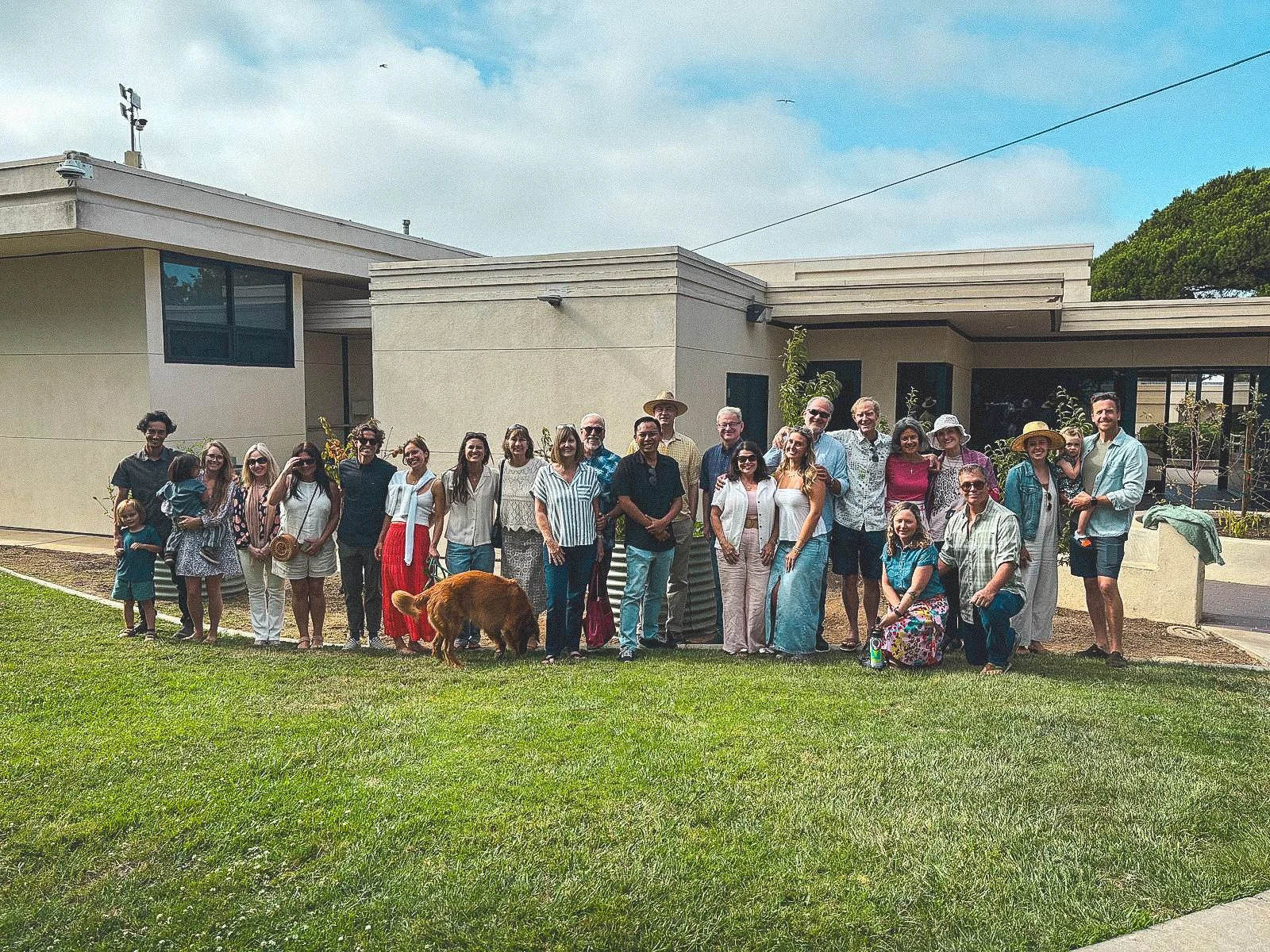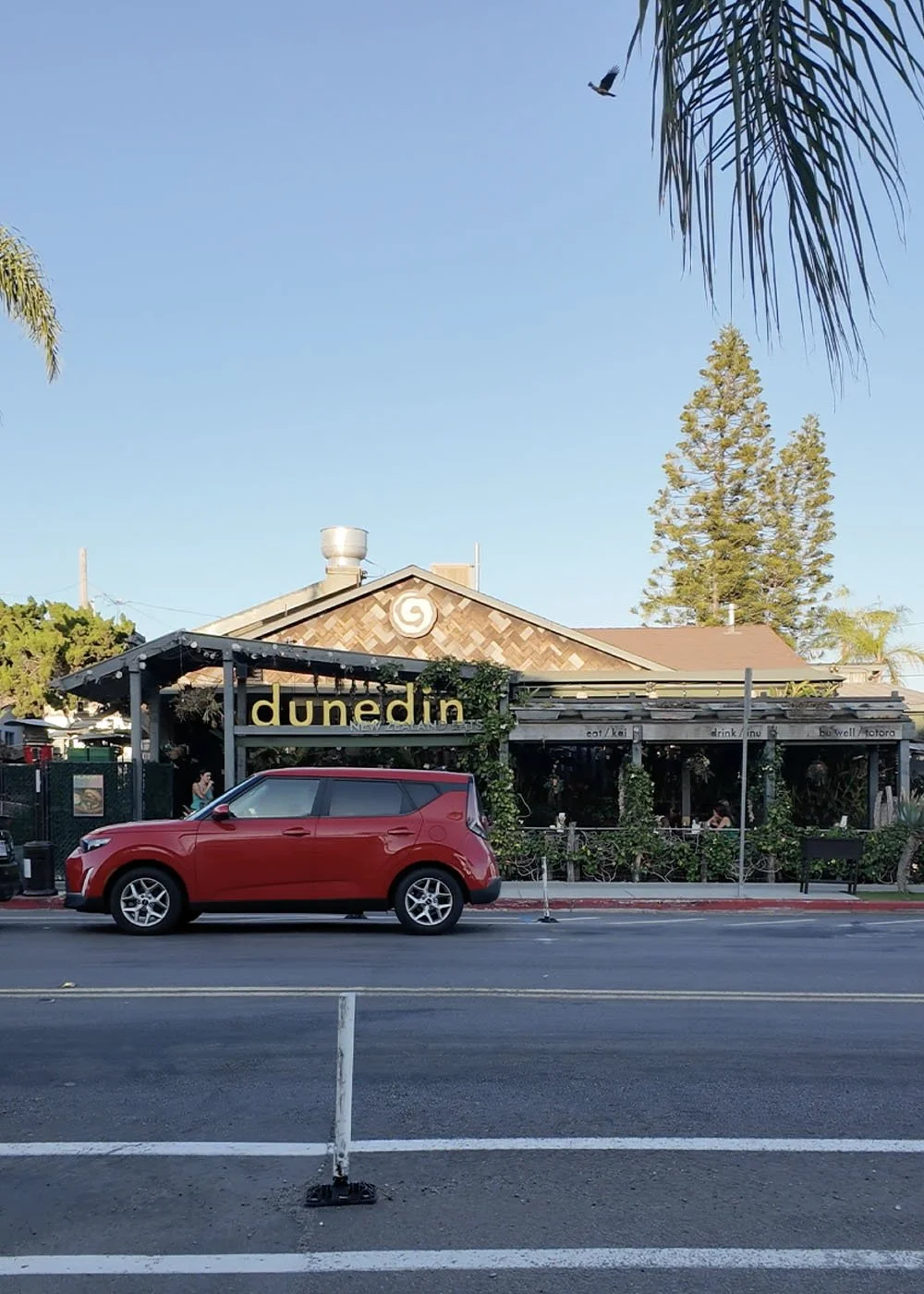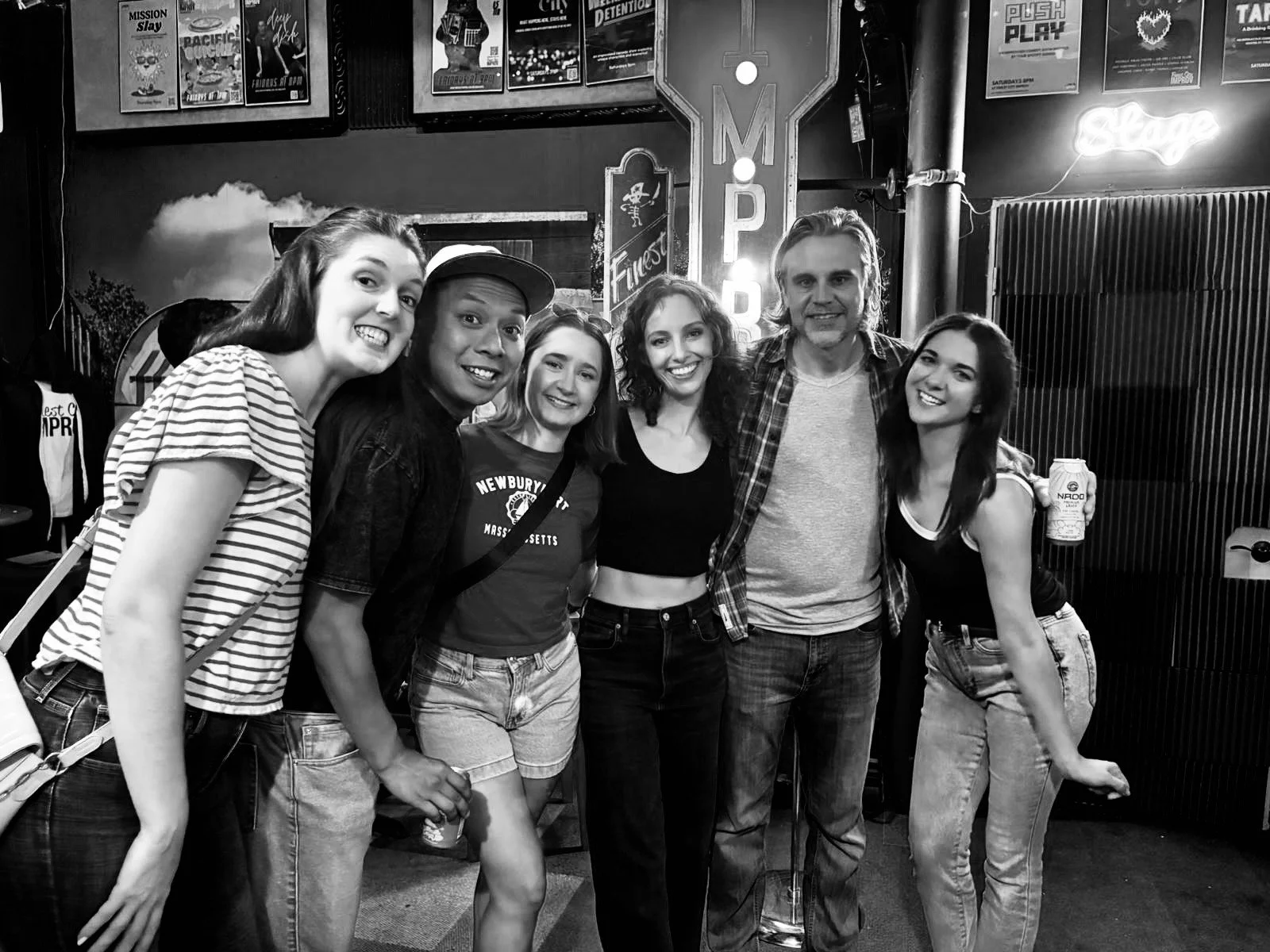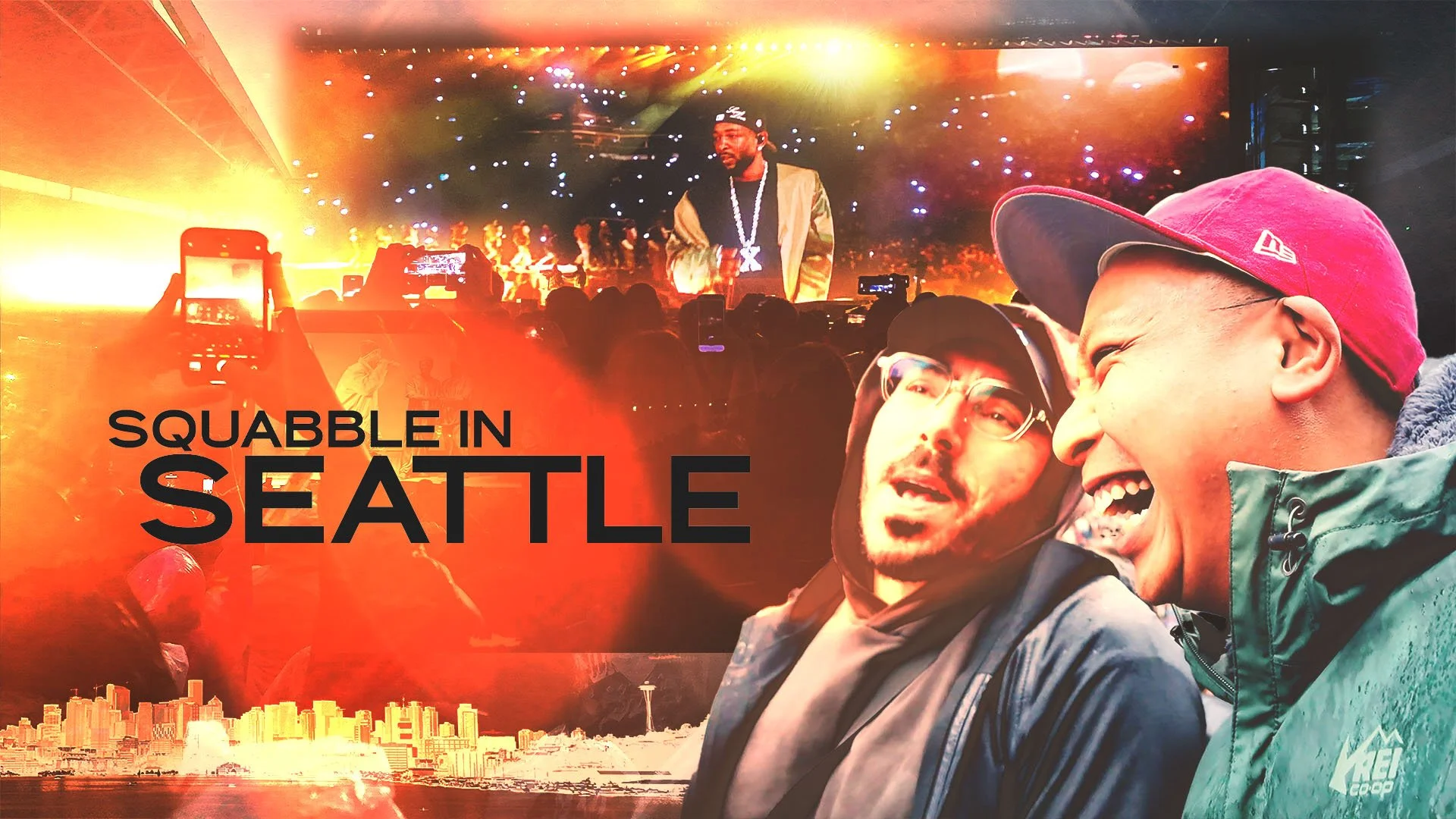I finally got around to doing my NYT Reader’s Ballot for the best films since 2000… I’d say my selection’s all over the place, but these are probably the stories that made the most lasting impressions on me for a wide variety of reasons.
I dropped out of film school 15 years ago and still have no desire to watch everything like a 🧐 proper critic.
Hot Rod – Because the list would feel dishonest without one of the films I’m most likely to spontaneously quote, 18 years after the fact.
Paddington – I know Paddington 2 is the Rotten Tomatoes darling, but I have a soft spot for the bathroom scene here.
Into The Wild – The emotional grip this film had on mid-2000s high schoolers! Hits even harder having later gone to sites like Salvation Mountain.
Everything Everywhere All At Once – A film that manages to pull meaning and sweetness out of chaos and absurdity, I think in retrospect we’ll be amazed at how this relates to the time it was made in.
Arrival – Perhaps the smartest film on the list.
Spirited Away – We needed at least one representative from the Ghibli delegation, and I think Spirited Away best captures its mix of sweetness, weirdness, and world-building.
Sinners – Convinced this isn’t recency bias. So, many, layers!
Eternal Sunshine of the Spotless Mind – I’ve long cited this as my all-time fave, and have found no reason to think that’s not still true.
Big Hero 6 – Honorable mention to Up, Coco, & Inside Out, I could’ve easily made an entirely animated version of this list.
City of God – Brazilian epic. I really like stories told at a generational scale like this. If you’ve seen this and liked it, check out Jerusalema: Gangster’s Paradise from South Africa.
Attack the Block – Creative British bit, criminally underrated. Takes gang logic of Protecting the Block and applies it to an alien invasion.
Zindagi Na Milegi Dobara – One of my favorite travel movies, an Indian made road trip film set in Spain.
The Big Sick – No frills, and a ton of heart, and between the chronic illness and Asian-American pairing, found so much relatable.
Coherence – This is the film I point to when telling people about my fondness for puzzle films.
Boyhood – Again, a story told at generational scale hits my sweet spot.
The Worst Person in the World – An unlikely Norwegian film that makes me appreciate life
Before Sunset – Love the whole trilogy, and Linklater.
Hunt for the Wilder People – Taika at his best.
And the two that NYT wouldn’t even recognize…
Son Of Rambow – This is a very good and very cute British film that introduced the world to a very young Will Poulter. I used to use it as an ace-up-the-sleeve for date night. Ironically, Deanna didn’t care for it as much. I think she was expecting a literal Rambo sequel
Swan Song – You know how there are seemingly a ton of stellar shows on Apple TV that you never hear about because they don’t advertise? This is the movie equivalent.

